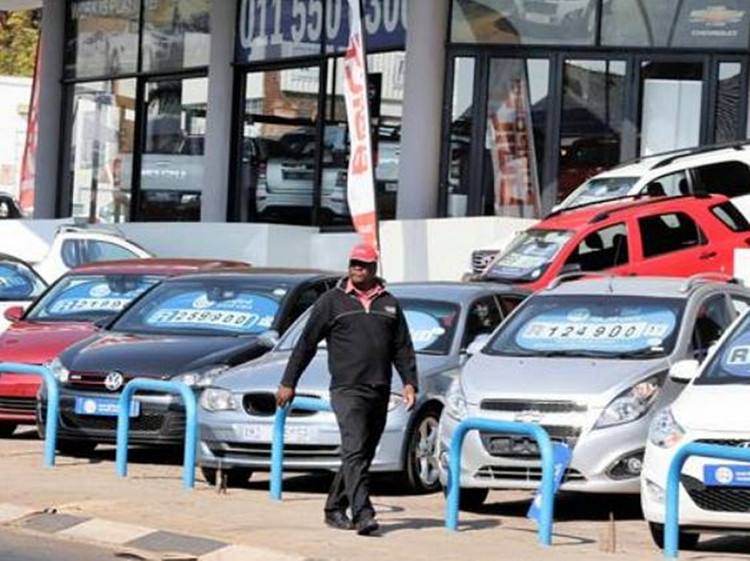Americans love their cars but they apparently don't love paying for them. Or can't pay for them.
The federal government has reported that, for the first time, a record 7 million Americans have stopped paying their car loans. This astounding, if dismaying, statistic comes at a time of strong economic growth and rising pay and is a surprising economist who is struggling to explain this contradiction.
The Federal Reserve Bank of New York said in a new study that more than 7 million Americans have reached serious delinquency status on their auto loans. This means they're at least 90 days behind on payments.
The delinquency number is a new high in the auto-loan market, said the Fed. It noted more than 1 million more people are behind now on auto-loan payments compared to the number in 2010.
The spike in delinquencies follows a $584 billion jump in total auto loan debt, the highest increase since the New York Fed began keeping records of this 19 years ago, said CNBC.
More people have auto loans now than in 2010. This means that while the overall rate of delinquency has fallen, the total number of people who are at least 90 days behind is higher.
Economists noted that people often prioritize car loans because most Americans need to drive to get to work and get paid, according to The Washington Post. That a record number of Americans can't make those payments is usually a sign of significant duress among low-income and working-class Americans.
Economists from the New York Fed believe the substantial and growing number of distressed borrowers suggests not all Americans have benefitted from the strong labor market. This anomaly "warrants continued monitoring and analysis of this sector."
New York Fed stats show most of the borrowers whose auto loans recently entered into delinquency are people younger than 30 years old and people with low credit scores. Eight percent of borrowers with credit scores below 620 (also known as subprime) dropped from good standing to delinquent on their auto loans in the fourth quarter of 2018.
Most delinquencies come from auto-finance firms instead of banks and credit unions.
New York discovered that half of the outstanding loans from auto-finance firms are made to subprime borrowers. It said 6.5 percent of those loans are more than 90 days overdue. This data compares with only 14 percent of outstanding loans from credit unions made to subprime borrowers. Of total outstanding credit union loans, only 0.7 percent are delinquent.
Wall Street is expressing concern over the subprime-auto-loans, as well. Another glaring statistic: Americans borrowed more money to buy cars than to attend college between 2016 and 2017.






